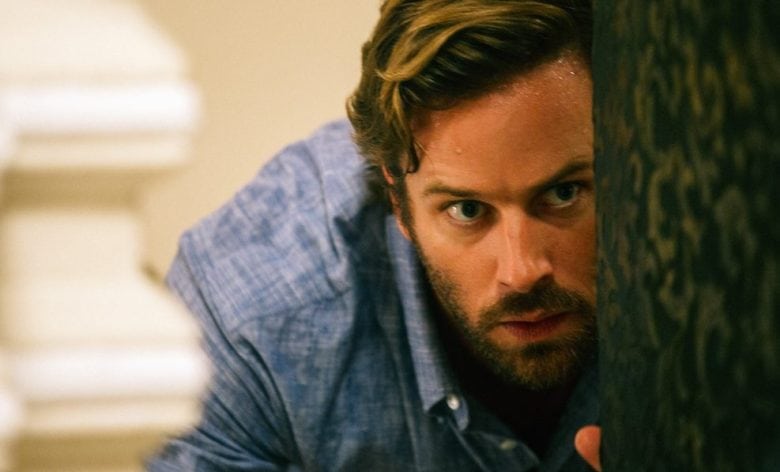To make a movie based on a true event comes with additional responsibility, especially when that event happens to be one of the most outrageous terrorist attacks ever: 26/11 Mumbai attacks. While filmmakers can take creative liberty, they should also make sure that the events depicted on-screen should stay as close to the truth as possible. Keeping that in mind, I have good news and bad news for the makers of ‘Hotel Mumbai’. The good news is that ‘Hotel Mumbai’ does a more than decent job focussing on the events that happened inside hotel Taj Mumbai on the night of 26th November 2008. The bad news is that it omits a couple of key details of the event and decides to play it safe. More on this later.
Helmed by Australian director Anthony Maras, the film focuses on the events that transpired at the opulent Taj Mahal Palace Hotel, targeted by terrorists as an emblem of Indian prosperity and modernity. Gunmen — uneducated, impoverished young men led by charismatic extremists — begin hunting down staff and guests. In the midst of the chaos that ensues, hotel staffs decide to take the matter in their hand to ensure the safety of guests as they await police to arrive. In a night that sees several innocents killed, a hotel waiter, Arjun (Dev Patel), and a chef, Hemant Oberoi (Anupam Kher), emerge as unlikely heroes by saving lives of hundreds.
‘Hotel Mumbai’ wastes no time in setting up the story or characters and moves along at breathtaking speed. As terrorists roam inside the hotel killing anyone who comes in their sight, the film becomes tenser when several guests are trapped inside a chamber on the sixth floor of the hotel. A couple of scenes in the film — one involves a baby — will have you chewing your nails. In the middle of all the action, the film also tries to remind us that the only way to tackle evil is by remaining united — and not by seeking out differences. Overall, the film works very well as a gripping thriller with non-stop action. But is that enough?
There are two main issues with the film: one technical and another ethical. While the film works as an action-thriller, it doesn’t work an emotional drama. You hardly care for the characters, expect a couple of them. So, even when they die you don’t necessarily shed tears. I think Maras should have spent a little more time introducing us to the characters. In films like these, building an emotional connection with audiences is as important as telling a gripping story.
Now, coming to the ethical issue (this might anger many Indians). There is no mention of where the terrorists are from in the film. Makers have very purposefully kept mention of “Pakistan” out of the film, despite the fact that when one of the terrorists himself confessed that he received all his training in Pakistan. Also, the film stops just short of expressing sympathy for terrorists. There is a clear intention from the director to show terrorists as victims themselves — which in a way they were. The issue that I have is, that should have been portrayed with subtlety. There is a ridiculous scene in the end when one of the terrorists is shown receiving direction from his superior on the phone in the middle of loud gunfire and blasts. Why? Most probably to justify that terrorists were not acting as per their own will but on the direction of their leaders. In this regard, I feel the film goes overboard. Of course, since the film is based on an attack that happened in an Asian country, western media wouldn’t care much. I wonder how their reaction would be if a film tries to show 9/11 attackers in a sympathetic light. Anyway, if you are willing to ignore this political correctness of the film, there is no reason you won’t like it.
Rating: 3/5

